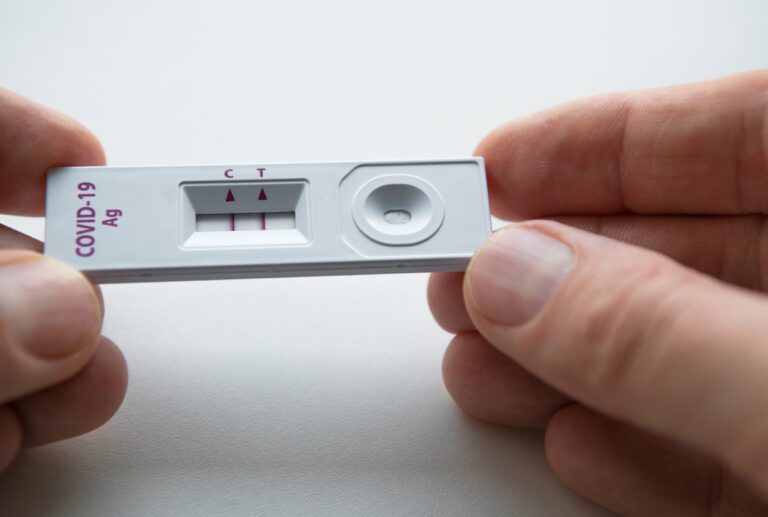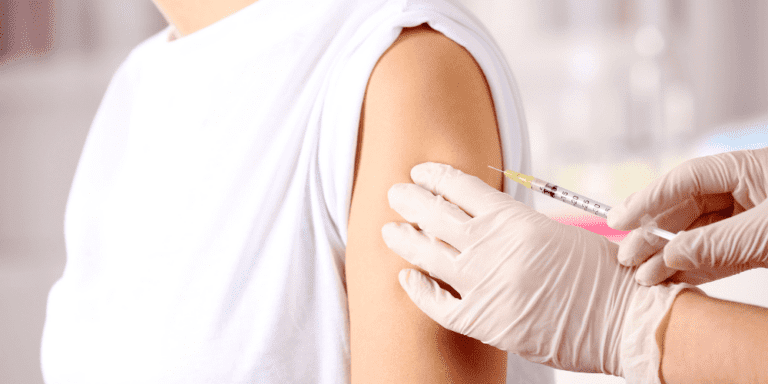Neonatal hypoglycaemia – or low blood sugar levels in newborns is a condition that affects a quarter of otherwise healthy bubs.
If left untreated the condition can lead to brain damage but new research has found a way to prevent this from occurring.
The New Zealand led study, published this week in the medical journal The Lancet, found a cheap and easy-to-administer dextrose gel could combat this real health threat for newborns.
“Our study is the first report in babies showing that dextrose gel massaged into the inside of the cheek is more effective than feeding alone for treating hypoglycaemia, and is safe and simple to use”, says Professor Harding, from the University of Auckland and the study’s leader.
“Dextrose gel treatment costs roughly $2 per baby and could help reduce admissions to neonatal intensive care for treatment with intravenous glucose—not only reducing costs but importantly, keeping mothers and babies together to encourage breastfeeding,” she added.
While dextrose gel is already commonly used to reverse hypocalcemia in adults, little evidence existed for the gel’s use for babies.
The aptly named Sugar Babies Study was carried out over a two-year-period and examined more than 500 babies at the Waikato Women’s Hospital in Hamilton. Its role was to identify whether the dextrose treatment would be more effective than current treatment – which consists of extra feeds and even intravenous glucose.
The study’s researchers found that treatment of the dextrose gel halved the likelihood of treatment failure with no adverse affects detected. Babies administered with the gel were also less likely to be admitted to intensive care for hypoglycaemia.
“In the past, babies with hypoglycaemia have often been given formula in the first few hours after birth, and if that did not work, then they were admitted to intensive care and put on a drip,” explained Professor Harding, adding that:“The dextrose gel improves the rate of breast feeding and we think this might be because babies stay with their mothers, and are not given formula in the first few hours to manage their hypoglycaemia.”
“Because this treatment is inexpensive and simple to administer, it should be considered for first-line management of late preterm and term hypoglycaemic babies in the first 48 hours after birth. It can easily be made in the hospital pharmacy, and is stable at room temperature…the gel could also be useful in resource-poor settings where hypoglycaemia is common and underdiagnosed,” argues Harding.
“It is a fantastic opportunity to decrease the amount of intervention and high tech treatments these babies need and so keep them out of intensive care and with their mothers”







